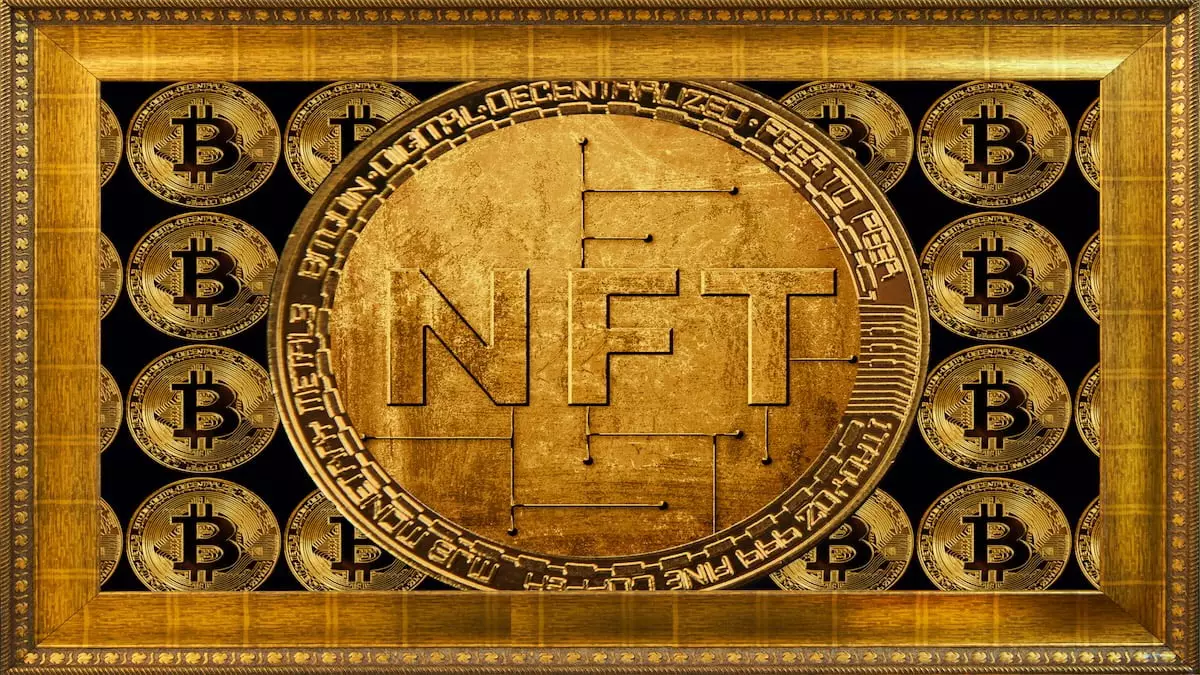The world of digital collectibles has experienced a significant surge in popularity over the past few years, with NFTs (non-fungible tokens) leading the charge. NFTs are digital assets that represent ownership of unique items or content, such as digital art, music, videos, and more. Unlike traditional cryptocurrencies like Bitcoin or Ethereum, NFTs are non-fungible, meaning each token has unique value and cannot be exchanged 1:1 for another asset. This uniqueness is what gives NFTs their appeal and value, making them highly sought after by both artists and investors.
NFTs are created and stored on blockchain technology, which ensures their authenticity and scarcity. Each NFT contains metadata that certifies its ownership and uniqueness, making it verifiable and secure. The market for NFTs has seen some tokens sell for millions of dollars, attracting a wide range of artists and investors looking to capitalize on this emerging digital asset class.
One of the recent developments in the NFT space is the emergence of NFT Funds, which are investment vehicles that focus on NFT investment strategies. These funds offer accredited investors a diversified portfolio of digital assets, providing exposure to the NFT market without the need to purchase individual tokens. Although NFTs are a relatively new technology with limited operating history, the potential returns and diversification benefits they offer make them an attractive investment opportunity.
Investing in NFTs through an NFT Fund can add a new dimension to diversification and growth in an investor’s portfolio. NFTs have demonstrated significant upside potential, making them an appealing investment strategy for those looking to capitalize on the digital asset boom. By leveraging the unique characteristics of NFTs, such as their scarcity and verifiability, NFT Funds can create a diversified portfolio that maximizes returns while mitigating individual asset risk.
One of the primary benefits of investing in an NFT Fund is the ease of access to the NFT market. Navigating online marketplaces and selecting the right NFTs can be challenging for new investors, but an NFT Fund simplifies this process by offering a curated portfolio of tokens managed by market experts. Additionally, storing NFTs in digital wallets can be complex and risky, but investing in an NFT Fund allows investors to avoid these technical challenges.
As with any investment, there are risks associated with investing in NFTs, such as market manipulation, price volatility, and regulatory uncertainty. However, an NFT Fund mitigates these risks by offering a diversified portfolio and strategic investment approach. By spreading investments across multiple NFTs, the fund reduces exposure to individual asset volatility and provides a more stable investment opportunity.
The Future of NFT Funds
As NFTs continue to gain mainstream adoption, especially in the art and collectibles space, NFT Funds are poised to become a major player in the digital asset market. By investing in both established and emerging NFT markets, these funds offer investors exposure to a wide range of opportunities in the growing NFT ecosystem. The NFT Fund provides a secure and transparent way for investors to participate in the digital asset market with the potential for strong returns and minimal risk.
NFT Funds represent a forward-thinking approach for investors looking to diversify and supercharge their investment portfolios. As NFTs transition from niche digital assets to mainstream investment opportunities, NFT Funds offer a convenient and secure way for investors to capitalize on the growing digital economy. With a managed portfolio of NFTs curated by experts, these funds provide investors with exposure to the full spectrum of opportunities in the dynamic and rapidly evolving NFT market.















